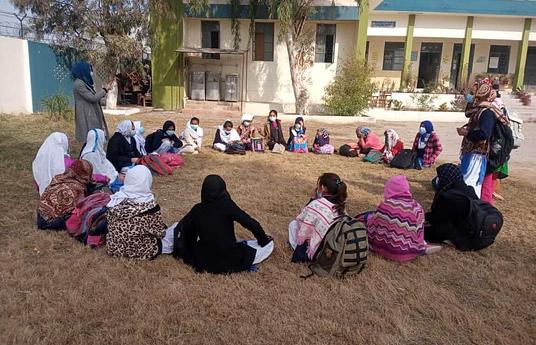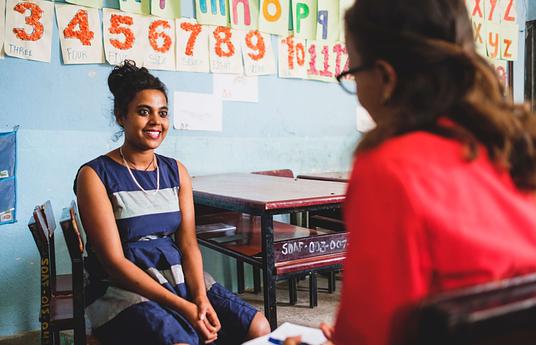What we do?
We select a novel, which may be different for elementary and secondary students. We analyse it with our team and identify the key knowledge, skills, values and mindsets that can be learned through this novel. We then create learning experiences based on the novel that are deeply rooted in experiential learning since research shows students learn better by doing or experiencing. We ensure to have many activities which give students a chance to express what they feel and their opinions. We also compile all the illustrations from the book as well as any printable resources we mention in the learning experiences to ensure everything is available in one place. We then invite teachers to sign up to execute our resources in their classrooms.
COVID Response: Creating virtual learning packets for novels which teachers can send directly to students or use in a virtual classroom.
Why we do it?
“Many stories matter. Stories have been used to dispossess and to malign. But stories can also be used to empower, and to humanize. Stories can break the dignity of a people. But stories can also repair that broken dignity.” - Chimamanda Ngozi Adichie
We believe in the power of stories to ignite curiosity and create lifelong learners. We also believe giving students access to stories and novels will help them become independent learners.
The idea to start this project came up as we were teaching in low-income government schools and realised that the curriculum lacked depth and failed to spark interest, excitement and curiosity in students. We thought about the question, “How can we foster a love for learning in students when their textbooks can’t offer sufficient depth and excitement?” As a solution, we came up with a novel-based experiential learning curriculum which focuses on holistic learning and development of students. It aims to inculcate knowledge, skills, values, mindsets, awareness and expression.
To check if novels were indeed something other teachers also felt were missing in their classrooms we conducted a survey among teachers, specifically Teach for India fellows and found out that 96% of them felt a need for novels in their classroom. We also discovered that the main hindrance to teaching a novel was the scarcity of planning time. This data further solidified our belief in our product and gave us the push to move forward with our hypothesis.
We believe our idea is simple yet efficient, it bridges the gap educators face in managing time to plan for a curriculum they truly believe in and want to teach versus not being able to find the right amount of time and resources to plan for such experiences. With our project, we aim to reduce the time required for planning on an educator’s end and maximize the benefit for students in terms of holistic growth and development.


